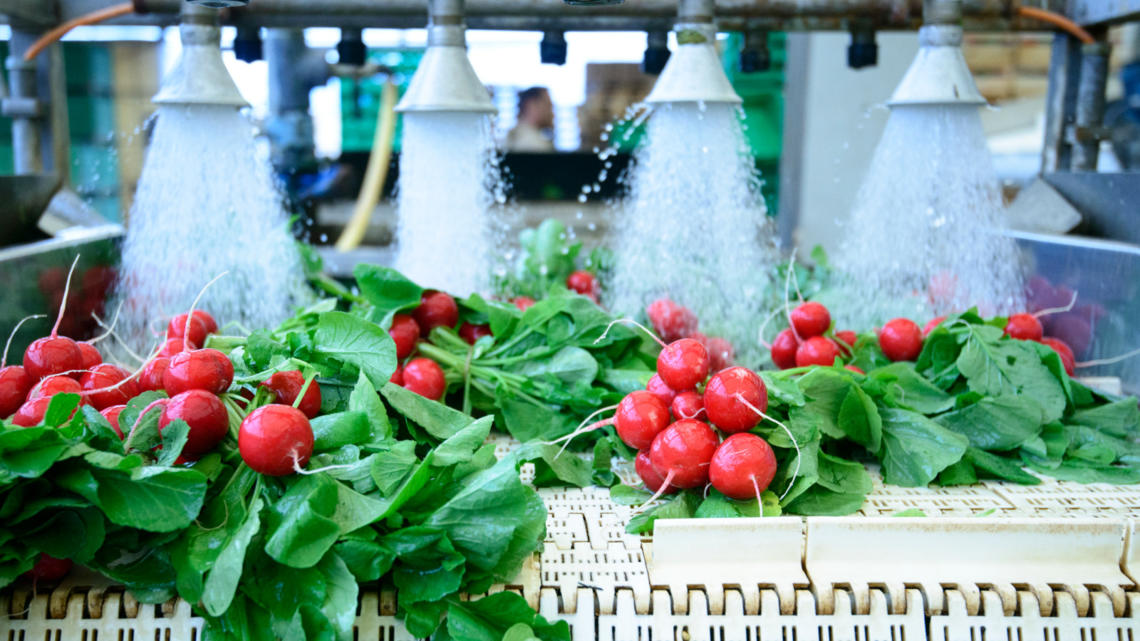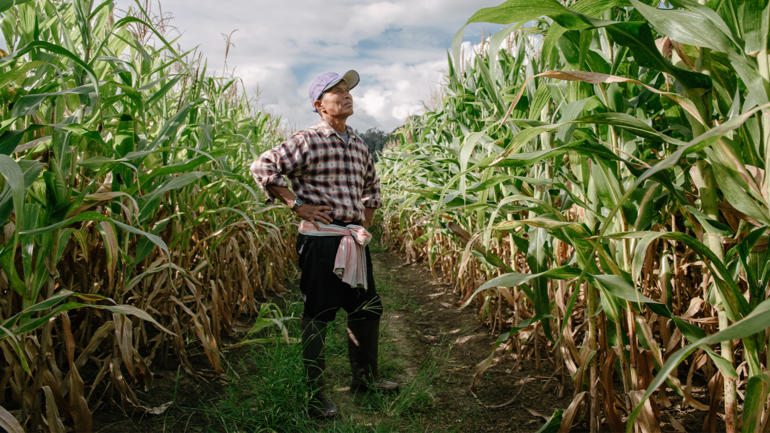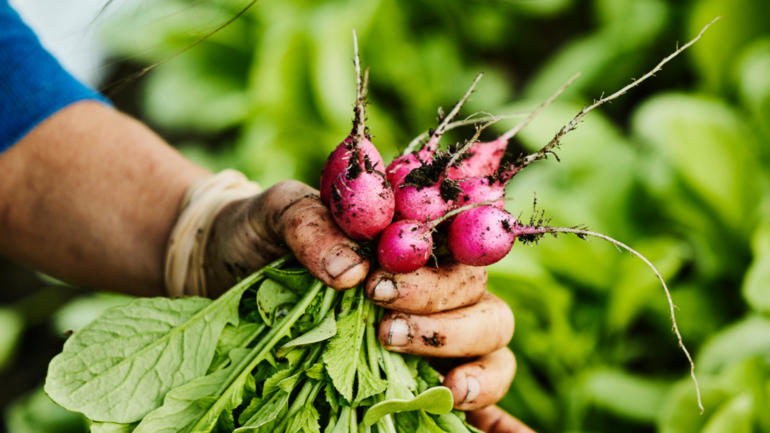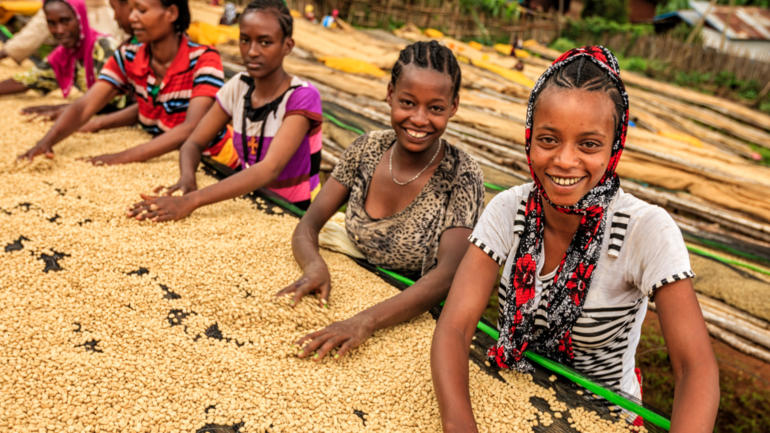Geneva, 26 November 2021 – Today, the World Business Council for Sustainable Development (WBCSD) released the guidance on the assessment of freshwater impacts by food and agriculture sector companies to help companies account for and value their impacts on society and the environment related to freshwater.
Developed in partnership with Food SIVI, and eight other organizations that form a multi-stakeholder Working Group, the guidance provides a standardized approach for companies in the food and agriculture sector to understand, measure and value their key freshwater-related impacts such as their impacts on human health and biodiversity. The new tool will help companies better manage their impacts and support them on the transition towards a net-zero, nature positive, and equitable future for 9+billion people to live well, within planetary boundaries, by 2050.
Freshwater is a major area of impact of the food and agriculture system with the sector consuming and polluting 70% of all freshwater globally. Businesses in the sector create impacts through freshwater such as deterioration of human health due to polluted drinking water and user conflicts due to competing water demands. Businesses require practical tools to assess and value these impacts. Impact assessment and valuation is part of enterprise risk management and disclosure, and helps companies understand their risks and opportunities, compare options and develop management solutions.
The multi-stakeholder Working Group that led the development of the guidance included representatives from Ceres, Cranfield Water Science Institute, CGIAR Research Program on Water, Land and Ecosystems, Food and Agriculture Organization (FAO), FoodSIVI, Helvetas, Natems, Stockholm International Water Institute (SIVI) and Valuing Water Initiative.
The guidance provides a 5-step process for companies to account for and value their freshwater related impacts, and a high-level impact pathway that can be customized to the company operations and scope. The guidance also provides case studies from leading food and agriculture companies, such as WBCSD members Danone and Olam, describing their key motivations, approaches, challenges, and learnings from conducting freshwater-related impact accounting exercises.
“The new guidance for freshwater accounting by food and agriculture companies is a major addition to WBCSD’s True Value of Food work. It addresses freshwater as a major impact area of the sector and provides detailed guidance to companies to understand and value it. This will be a useful tool for companies as they navigate the complexity associated with accounting for their freshwater related impacts and reporting on them. It prepares companies to take action towards net zero, nature positive and equitable future.” says Tom Williams, Director for Nature Action and Water at WBCSD.
Ria Bakshi, Lead – Finance for Sustainability at Olam Food Ingredients highlights “At Olam, we conducted freshwater impact accounting as part of our non-financial capital accounting exercise to help us better understand our risks and prepare for future reporting requirements on non-financial capital. We believe standardization of accounting frameworks done by WBCSD's guidance for freshwater accounting by food and agriculture companies will deliver long-term value in terms of advancing industry action for impact evaluation and management. It will also bring attention to the need for better and localized data and valuation factors that can limit such analyses".
The guidance builds on the existing work in the area, including the Natural Capital Protocol and the Science Based targets for Nature - freshwater initiative. It can be applied in combination with the other existing initiatives or frameworks.








